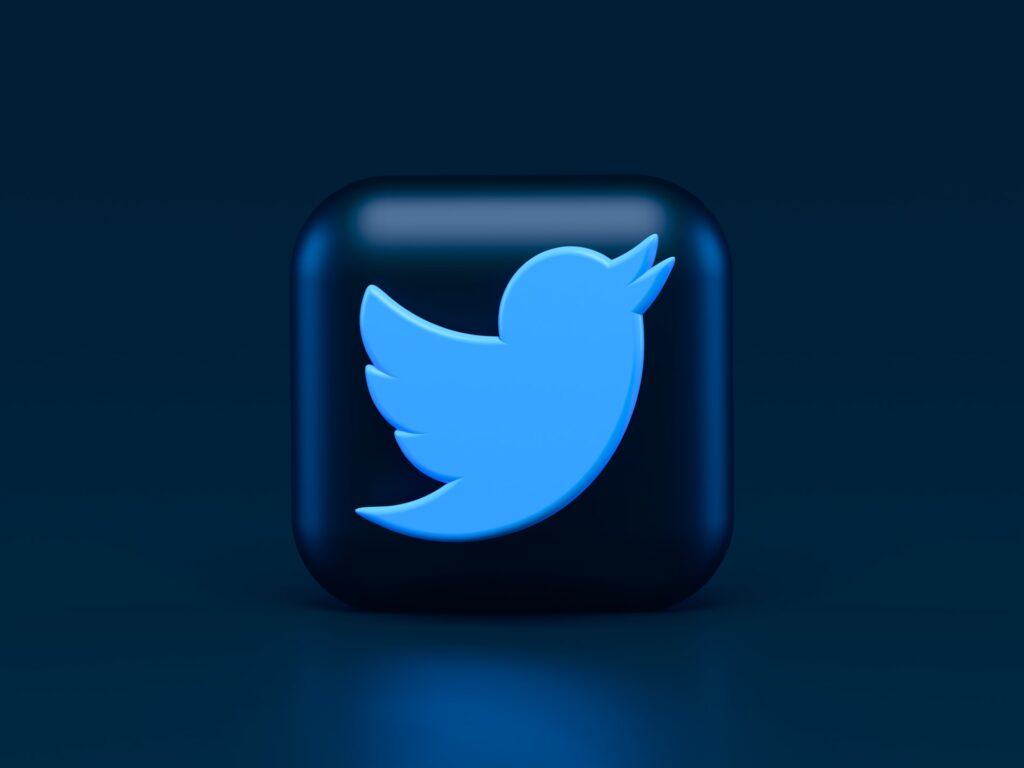The gaming industry has become a multi-billion dollar behemoth of the entertainment industry in recent years, and the stakes for game developers are higher than ever. To capture the attention of their target audience and drive sales, companies behind games must market them efficiently to ensure the public is aware of their creations. But how much does it cost to market a video game?
Well, promoting any kind of software is no small task, and it often comes with a price tag that will leave their developers’ bank accounts crying. From costly television ads to straightforward social media campaigns, each marketing tactic can have a significant impact on a game’s budget.
Whether you’re managing an indie development team or you’re a solo developer, having a solid understanding of the costs associated with marketing a video game is critical to avoid financial setbacks in the future while also allowing you to allocate your resources more effectively and maximize your campaign’s impact.
For this reason, in this article, we will take a closer look at how much it costs to market a video game (with some examples for AAA games), which factors can impact the cost of a marketing campaign, and some ways that you can market a game as an indie developer.
How much does it cost to market a video game?
As with almost everything in life, it depends. Many factors directly affect the marketing expenses of a video game, with the biggest one being the scope of your game. For instance, if you’re an already consolidated development company with a massive following on the internet, players will expect high-quality content from you, and everything (including the marketing campaign) has to reflect that.
Therefore, the cost can vary a lot – which is especially true when comparing the most anticipated AAA releases against tiny indie games.
Game development studios typically do not disclose their marketing budgets, but it’s widely known that AAA companies often spend millions on marketing their creations to the public.
Take Grand Theft Auto V for example. We don’t know how many millions were funneled to the marketing department, but many specialists estimate that Rockstar Games invested around $70 million to $110 million in GTA V’s marketing alone.

And did it work? Absolutely! In fact, the results were much better than expected. Take Two, the game’s publisher, managed to rake up $1 billion in sales in three days following its release, far surpassing 2013’s biggest blockbuster at the box office.
Other games with massive estimated marketing budgets include CD Projekt Red’s Cyberpunk 2077 (around $144 million), Rockstar Games’ Red Dead Redemption 2 (estimated at around $200 million to $300 million), and Bungie’s Halo 2 (around $80 million).
However, when it comes to independent (indie) games, their developers don’t have the luxury of spending millions on marketing expenses, often having to settle for a few thousand dollars. There’s a rule of thumb many successful indie developers follow: for every dollar that you spend on your game’s development, make sure to spend another $0.25-$0.50 on marketing. For example, a short puzzle game that was developed on a $10,000 budget should spend another $2,500 to $5,000 on marketing.
In the end, as we mentioned before, it’s very hard to give you an accurate estimate, as every game is different, thus having different needs and approaches when it comes to marketing.

Other factors that affect the cost of marketing a video game
Even though the game’s scope is the most significant factor when calculating the estimated cost of marketing a video game, there are many more, some of which we will list below:
- Marketing channels and strategies: the choice of marketing channels and strategies can heavily impact the cost of a game’s marketing campaign. Traditional game advertising methods, like television commercials, fully-fledged cinematics, and publicity stunts, may be prohibitively expensive for smaller companies, whereas having a presence on social media, and putting a site up will be much more affordable;
- Target audience: advertising a game to the masses will be more expensive and will likely increase the company’s customer acquisition cost (or CAC, which should be as low as possible). Thankfully, the internet has enabled marketing professionals to target a certain player profile, reaching a niche audience through social media;
- Timing and release date: it might be surprising, but the timing of a game’s release can heavily impact its marketing costs as well. As companies often advertise more products when nearing special dates, such as Valentine’s Day and Christmas, game developers will likely have to pay more to stand out;
- Competition: highly competitive game niches, such as match-3 and incremental games, might require larger investments in marketing to ensure the game stands out from its competitors;
- International marketing campaigns: if you are to release your game in multiple regions of the world, it might be necessary to create different marketing campaigns for each region. This could include localization of marketing materials, translation of advertising copy, and taking specific regional preferences and social norms into consideration. These costs can add up quickly for smaller indie developers.

Ways to market your video game as an indie developer
Marketing is a crucial part of a video game’s success, and finding the right combination of strategies can help indie game developers efficiently reach their target audience and generate buzz around their game. Indeed, there is no one-size-fits-all solution to promoting a video game, but there are many effective tactics that indie developers can use to market their game.
The following list outlines some of the most effective ones, but is by no means exhaustive:
- Social media: platforms like Reddit, Instagram, Twitter, and recently TikTok are all the rage, and developers can heavily use them to build a following and promote their games. They can share development updates, sneak peeks, and in-game universe information, and engage with their followers to generate buzz and foster a community around the project. Costs can vary wildly, but consider hiring a social media manager (which costs around $50,000 a year) and working with talented marketing professionals to create content that engages and delights your players;
- Branding (brand identity) and website building: while not paramount, having a cohesive, high-quality brand identity and website can broaden your game’s reach. And they don’t have to be complex: for many games, an outstanding landing page, some auxiliary pages, and links to your other social media are all you need. Again, prices vary a lot, but expect to spend around $5,000 to $10,000 on both aspects;
- Influencer marketing: you can reach out to game influences, YouTubers, and even Twitch streamers with a relevant audience and ask them to review and/or promote your game. This is one of the most cost-effective ways to market a game, as it generates high engagement and showcases your project to many potential players. Prices depend highly on how well-known the internet personality in question is – some will ask for a few hundred bucks while others might require some thousands;
- Trailers: creating good trailers that capture the audience’s attention and showcase the best your game has to offer in two minutes or less is a tough task, requiring great planning, storytelling, footage choice, animations, and sound design. When done right, however, potential players will come pouring from every cranny and nook of the internet, generating hype and tons of social media buzz. Expect a good trailer to set you back by around $1,000 to $5,000;
- Game festivals and conferences: many gaming-related events allow indie developers to showcase their games to the world – and often for a low price tag. It is an amazing opportunity to get your game in front of a large and varied audience, generating some press coverage and meeting potential investors. Bigger events will have higher exhibit costs, but they shouldn’t set you back more than $5,000 per event;
- Free game demos: uploading a free demo of your game to Itch.io, Steam, or any other platform is a surefire way to get players to try your game out. If your game is still in development, this can generate a lot of interest in the full release, as is happening with Outpath right now;
- Community building: creating a community and interacting with players regularly will help you build a dedicated following and generate word-of-mouth marketing. This is especially true if you’re constantly responding to feedback and involving players in the development process. It’s possible to start for free, but, as your game grows, you might need to hire a dedicated community manager, which will set you back around $50,000 a year;
- Game reviews: reaching out to reviewers and game industry journalists can get your game reviewed or even featured in gaming news outlets and blogs. Even though any bit of exposure helps, positive reviews will likely generate buzz and attract attention to the game, which is all you want.
Counting the Costs of Video Game Marketing
Understanding the financial aspects of marketing a video game is crucial for any game developer. The cost to market a game can vary significantly based on the type of game, your marketing efforts, and your unique business perspective. Whether you’re an indie developer looking to make a small but impactful splash or a larger game company with a substantial budget, it’s essential to gauge how much you’re willing to spend on marketing.
Indie game marketing budgets can range from modest foundational efforts to more extensive projects like email marketing campaigns or online video trailers. Large indie releases or established game companies might invest significantly more in marketing.
The cost of marketing can feel like a gamble at times, especially when considering marketing’s influence on a game’s success. Ultimately, the true cost of video game marketing relates to your specific business and development goals, and it’s a critical part of the game development and marketing process that developers must carefully consider.
Closing thoughts
Marketing a video game is an expensive and challenging, but integral part of its development. It’s so critical to a game’s success that AAA companies often spend tens (if not hundreds) of millions on marketing costs alone, as seen with Halo 2, GTA V, and Cyberpunk 2077.
As you have read in this article, even indie developers can make great use of marketing tools at their disposal to promote their game and build a following over the internet, increasing the likelihood of creating a successful game. Through clever budgeting (remember the 25%-50% rule?) and choosing the most suitable marketing approaches for your game, it’s possible to reach the stars even on a small budget.
However, developers must keep one thing in mind: the success of a game depends not only on how effectively it is marketed and promoted to its target audience but also on the quality of the game itself.
If you have a fantastic game idea, but would rather work on its marketing instead of having to deal with the nitty-gritty of game development (like game design, development, asset creation, and team management if your project is big enough), consider working with a team of seasoned experts in the industry.
At Main Leaf, we create games from scratch using Unity or Unreal Engine from scratch for a variety of platforms. Having been in the game development scene since 2010, our team of over 70 talented professionals, spread across all areas of game development, is sure to deliver a magnificent experience your players will love!
Are you ready to take your upcoming game to the next level? Then get in touch with us by requesting a game quote. Don’t worry, we will get back to you within 24 hours.

